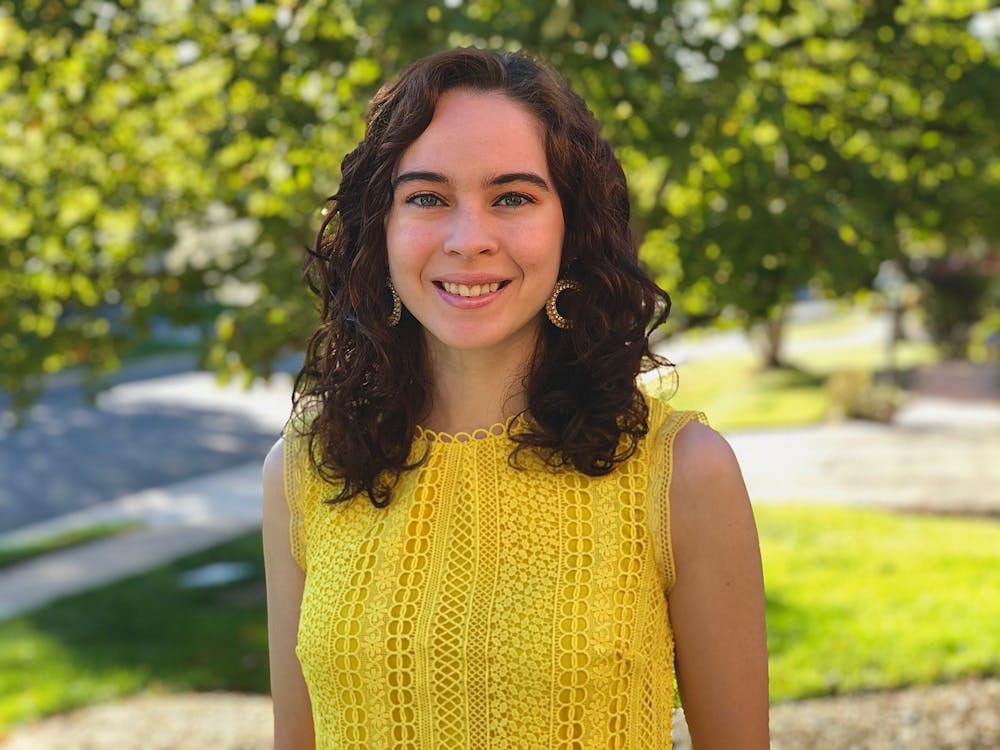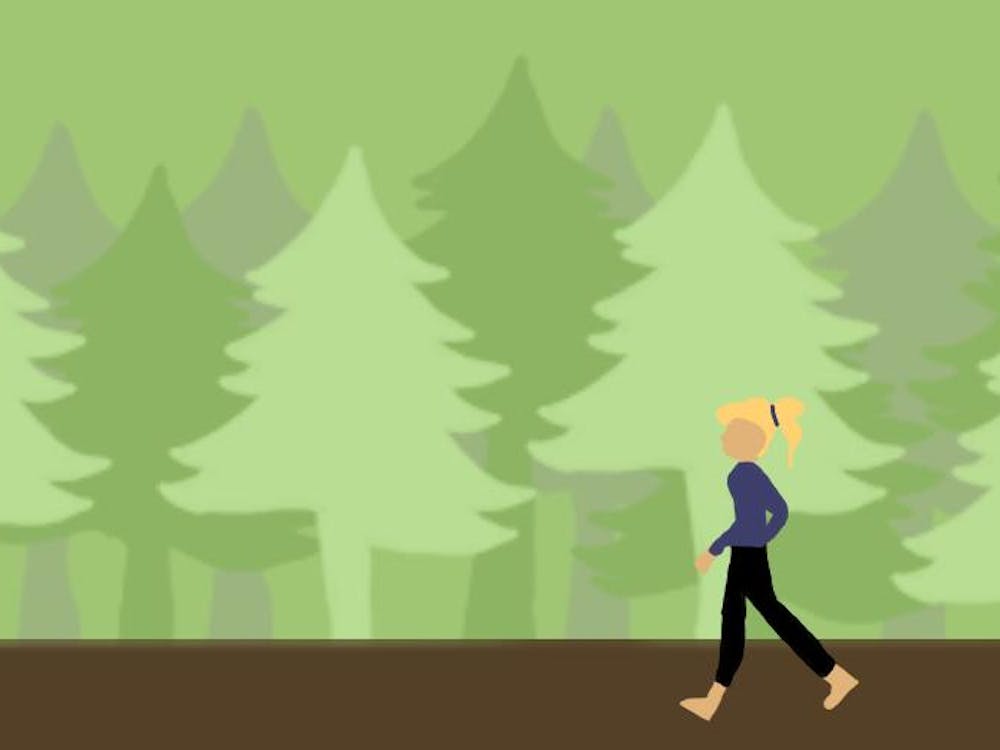中文版请点击此处
I can imagine your expression right now. You look at my profile picture, then my name, then back to the picture and squint a little. Maybe if you tilt your head, you’ll be able to see it. Blink. Blink again. You think, “I mean, I guess?”
My name is Cecilia Juárez and I am a Mexican with white privilege. I grew up in Northern Virginia, but my parents are originally from Monterrey, Mexico. They were both born and raised in Mexico until they immigrated here just a year before I was born. From the start, my parents ensured that I would still be in touch with our culture despite living in America, miles and miles away from our roots. We speak only Spanish at home, eat tacos and quesadillas, celebrate Día de los Muertos every October and pronounce Windex like “ween-dex.” I never doubted my identity as a Mexican American until I started school.
It all started in elementary school. My classmates and I would do icebreakers and talk about our families to learn more about each other. That’s where the topic came up — where is your family from? When I proudly announced that my family was from Mexico, I was met with bewilderment and confusion. “But you don’t look Mexican,” my classmates would say. This would be soon followed by, “I don’t believe you, say something in Spanish.” I would then have to say a simple sentence in Spanish to somehow convince the other kids that I was, indeed, Mexican.
It wasn’t so bad at first. But after years of the same accusations that I wasn’t “really Mexican,” I grew tired and bitter about the way I looked. I was brainwashed into thinking that I was less Mexican just because of the color of my skin, and I found myself wishing that my skin complexion was darker.
However, as I grew up, I realized that I should be careful of what I wish for. I finally understood the harsh reality of racism and that it had been afflicting my Mexican brothers and sisters this entire time. Other people who have the same story as me — a first generation Latinx kid in America — face dozens more obstacles than I do simply because their skin is darker than mine. Their teachers treat them differently, often as if they are less intelligent than white kids. People on the street hold their belongings tighter because they think that Latinx kids are “thugs” or “gangsters.”
I realized that I was given a unique advantage not granted to the majority of Latinx kids — I had white privilege, which meant I could openly enjoy the benefit of celebrating my culture and interests without being viewed as some kind of intruder.
Once this realization dawned on me, I didn’t know what to make of it. There was still a part of me that desired to look different so I could fit in with Latinx people more easily and be more accepted among them. I was sick of being treated like a fake Mexican and being constantly challenged on my own ethnicity. But I knew that having a dark complexion in this country is, unfortunately, a burden to bear because of ongoing systematic racism and oppression.
After long days and nights of debating this issue, I realized what my role was in this situation —
I am the bridge.
White people will never understand what it feels like to be a person of color in this country, and they will never understand or even know about the scope of obstacles that people of color face every day. As a result, I need to step up and become an active member of society and bridge the gap between us. I see the differences so clearly, and I can help educate others on what people of color and immigrants endure. I can demonstrate that even though my name sounds as foreign as another Latina girl, I receive better treatment just because my skin is lighter, which is not OK at all.
It’s time for me to embark on a journey to use my unique identity to make a positive difference in the world and to help close the divides between us.
Cecy Juárez is a Life Columnist at The Cavalier Daily. She can be reached at life@cavalierdaily.com.







